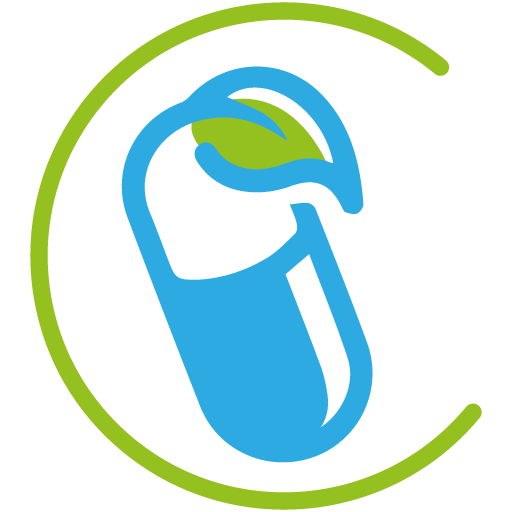Colorectal Cancer Recovery Requires More Than Medicine
Colorectal cancer is one of the most prevalent cancers worldwide. While surgical intervention, chemotherapy, and radiation therapy are foundational treatment modalities, emerging evidence underscores that integrative recovery strategies — notably those involving diet, exercise, and holistic wellness routines — are pivotal in improving outcomes and quality of life.
Targeted Nutrition: Anti-Cancer Diet Plans That Work
High-Fiber, Plant-Focused Diets Reduce Recurrence
Multiple studies confirm that a high-fiber diet, rich in vegetables, fruits, legumes, and whole grains, is associated with significantly lower colorectal cancer recurrence. Dietary fiber enhances gut motility, supports microbiota balance, and reduces inflammation — all critical in post-treatment recovery.
- Leafy greens (spinach, kale)
- Cruciferous vegetables (broccoli, cauliflower)
- Whole grains (quinoa, brown rice, oats)
- Legumes (lentils, chickpeas)
- Low-glycemic fruits (berries, apples)
The Role of Omega-3 Fatty Acids
Omega-3s found in wild salmon, flaxseeds, and walnuts exert anti-inflammatory effects and may suppress tumor growth by modulating immune responses and cell signaling pathways.
Eliminate Processed and Red Meats
Numerous epidemiological studies associate processed and red meat with increased colorectal cancer risk due to carcinogenic compounds like nitrosamines and heterocyclic amines.
Exercise as a Critical Adjunct to Treatment
Structured Physical Activity Improves Survival
Engaging in 150–300 minutes of moderate aerobic activity per week dramatically enhances colorectal cancer survival. Physical activity reduces insulin resistance, inflammation, and improves immune surveillance.
Recommended Modalities:
- Brisk walking or cycling
- Swimming
- Strength training (2x weekly)
Timing Matters: When to Start Exercise
Patients benefit from initiating light exercise during treatment to combat fatigue and maintain lean mass. Post-treatment, programs should intensify gradually, targeting cardiovascular endurance and muscular strength.
Gut Microbiome Optimization for Colorectal Cancer Patients
Microbiota Diversity Enhances Immune Regulation
Gut microbiome composition is tightly linked to colorectal cancer outcomes. A diverse microbiome enhances short-chain fatty acid (SCFA) production, which exerts anti-tumor properties.
Top Prebiotic Foods:
- Garlic
- Onions
- Asparagus
- Leeks
- Bananas
Top Probiotic Sources:
- Yogurt (live cultures)
- Kefir
- Sauerkraut
- Kimchi
- Miso
Sleep, Stress, and Mental Health: Often Overlooked, Critically Important
Sleep Quality Predicts Treatment Tolerance
Sleep disturbances negatively affect immune function and chemotherapy tolerance. Aim for 7–9 hours of sleep with good sleep hygiene practices.
Stress Hormones Influence Tumor Growth
Chronic stress elevates cortisol, which can impair immune surveillance. Integrating mindfulness-based stress reduction (MBSR) and cognitive behavioral therapy (CBT) yields measurable benefits.
Personalized Recovery Plans with Precision Lifestyle Medicine
Tailored interventions based on genomics, metabolic profiling, and microbiome analysis are revolutionizing colorectal cancer recovery. This data-driven approach allows for individualized plans targeting inflammation, hormonal balance, and metabolic efficiency.
Functional Foods and Supplementation
Evidence-Backed Supplements for Survivors
- Vitamin D – Enhances immune function and reduces mortality risk. Target: serum 25(OH)D level 40–60 ng/mL.
- Curcumin – Anti-inflammatory polyphenol with direct anti-tumor activity.
- Green tea extract (EGCG) – Induces apoptosis and suppresses angiogenesis.
- Probiotics (multi-strain) – Restores microbial balance post-antibiotics.
Note: Always consult with an oncologist or integrative medicine practitioner before beginning supplementation.
Conclusion: Integrated Recovery Strategy Drives Survival
Colorectal cancer recovery is optimized through a synergistic protocol involving strategic nutrition, structured exercise, microbiome restoration, sleep and stress regulation, and individualized medical insights. Survivors who embrace this holistic framework not only improve survival odds but reclaim vitality, function, and quality of life.
Frequently Asked Questions
What foods help prevent colorectal cancer recurrence?
High-fiber plant-based foods, omega-3 sources, and fermented foods support healing and reduce recurrence risk.
How much exercise is safe after colorectal cancer treatment?
Moderate-intensity aerobic activity (150 minutes/week) and light strength training are recommended post-treatment.
Is the gut microbiome really that important?
Yes. A healthy microbiome modulates inflammation, enhances immunity, and metabolizes nutrients essential to recovery.


